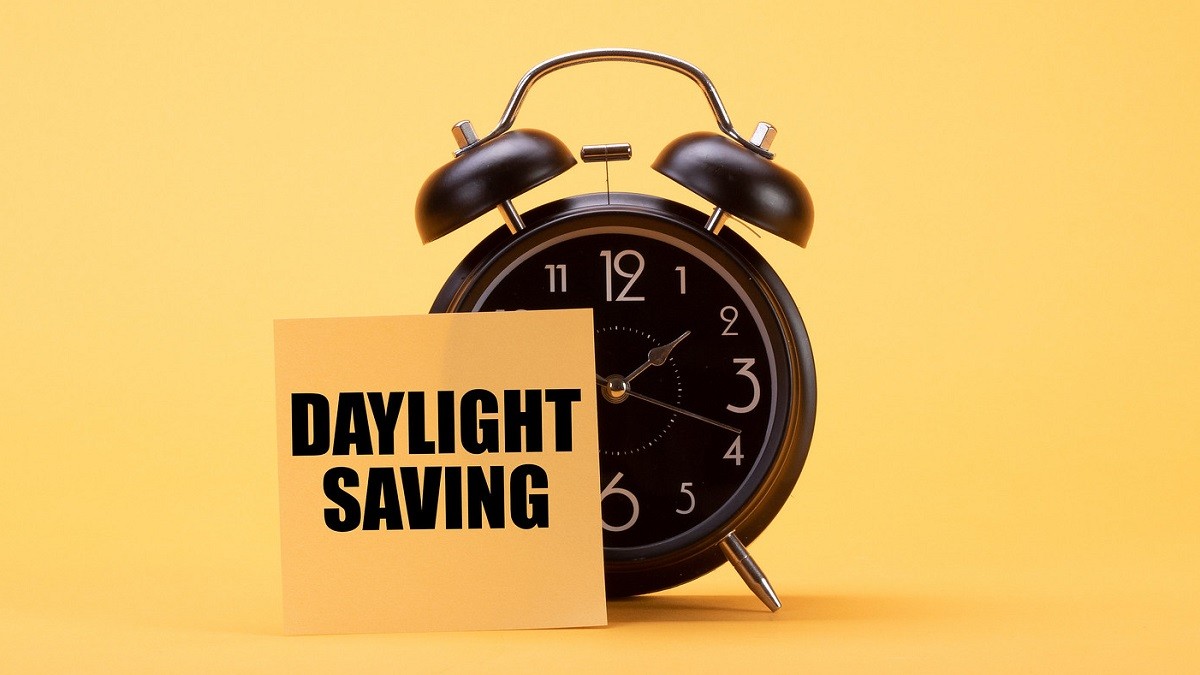U.S. News
19 States Seek Permanent Daylight Saving Time

- Nineteen states have sought to make daylight saving time permanent, but they have yet to receive approval from Congress to allow the change to federal law.
- Daylight savings time is believed to conserve energy, but health experts warn that it disrupts sleep patterns.
- While the states wait for Congress approval, they will have to join everyone else in setting back their clocks an hour back on Sunday.
A total of 19 states have sought to make daylight saving time permanent.
While federal law allows states to follow standard time all year, states would need a change to federal law and approval from Congress before they can make daylight saving time permanent.
According to a report from USA Today, the 19 states that have passed resolutions or enacted legislation are Alabama, Arkansas, California, Delaware, Florida, Georgia, Idaho, Louisiana, Maine, Minnesota, Mississippi, Montana, Ohio, Oregon, South Carolina, Tennessee, Utah, Washington, and Wyoming.
While the debate still continues on the pros and cons of “permanent daylight time versus permanent standard time,” many “states continue to vote in favor of year-round DST as the new normal,” Jim Reed wrote on the National Conference of State Legislatures website.
Six states have enacted measures for permanent DST during this year’s legislative session, Reed stated.
The federal government first enacted daylight saving time on March 19, 1918, during World War I, as a way to conserve energy or coal.
The Uniform Act made it federal law in 1966, establishing its duration from the last Sunday of April to the last Sunday of October.
Still, the act allows individual states or territories to remain on standard time all year. The states and territories that currently practice this are Arizona, Hawaii, American Samoa, Guam, Puerto Rico, and the U.S. Virgin Islands.
According to the U.S. Department of Transportation (DOT), which is in charge of time in the U.S., daylight saving time saves energy.
The belief was that because the sun sets one hour later, people presumably spent more time outside and therefore used less electricity for lights and appliances at home.
The DOT added that daylight saving time reduces crime, saves lives, and prevents traffic injuries. However, several health experts have pointed out that it disrupts sleep patterns, leading to a negative impact on one’s health.
Florida Sen. Marco Rubio (R) has been instrumental in the debate to make daylight savings time year-round with his 2019 Sunshine Protection Act.
But since states are yet to receive approval from Congress, they will still have to follow others in setting their clocks one hour behind when daylight saving time ends on Sunday.
Source: Inside Edition

ltrail
November 8, 2021 at 4:34 pm
I am a Pennsylvanian, and I approve of the Federal Government to retain DST.
LikeIt WillHappen
November 8, 2021 at 6:05 pm
Different year, same NOTHIN’
Gotta keep stirring SOMETHING up so you can perpetuate your job description….
Richard
November 9, 2021 at 10:46 pm
Personally, I love DST. I like the extra hour of daylight in the afternoon. I think it should be up to the individual states to act on this. Getting the federal government to act on any proposal is impossible. It’s often been said if you can’t sell something be a teacher; if you can’t teach, become a politician. Not all, but the majority of politicians are at the bottom of the food chain.